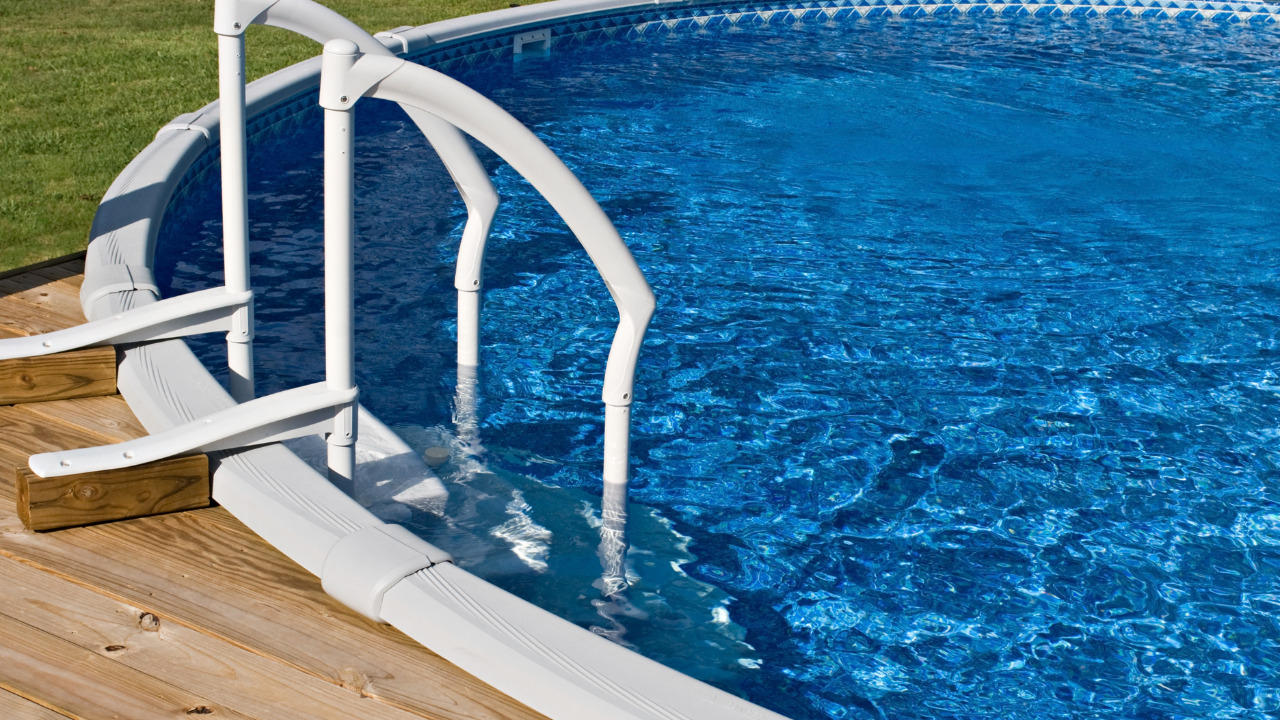As winter approaches, it’s essential to prepare your swimming pool for the colder months to prevent damage and ensure a smooth reopening when spring arrives. Winterizing your pool involves a series of steps to protect it from freezing temperatures, debris, and algae growth.
Table of Contents
Balance Pool Water Chemistry
Before closing your pool for the winter, it’s crucial to balance the water chemistry. Test the water for pH, alkalinity, and calcium hardness levels and adjust them to the recommended range. This helps prevent scaling, corrosion, and algae growth during the off-season. Get professional help to Winterize Pool and make sure the chemicals are balanced.
Shock the Pool
Shock the pool water with a chlorine shock treatment to eliminate any organic contaminants. Follow the manufacturer’s instructions for the appropriate dosage based on your pool’s size. This step helps prevent algae and bacteria growth during the winter.
Clean and Vacuum the Pool
Thoroughly clean the pool by brushing the walls and floor, skimming debris from the surface, and vacuuming any dirt or debris that has settled at the bottom. A clean pool is less likely to develop staining or algae growth over the winter.
Lower Water Level
Depending on your pool type and the winter weather in your region, you may need to lower the water level to below the skimmer and return lines. This prevents potential damage from freezing water and ice expansion. Consult your pool’s manufacturer or a professional for guidance on the appropriate water level for winterizing.
Drain Pool Equipment
Properly drain all pool equipment, including pumps, filters, heaters, and chlorinators. Remove drain plugs and store them in a safe place to prevent damage. Also, disconnect and drain any hoses or pipes connected to the equipment.
Clean and Store Pool Accessories
Remove and clean all pool accessories such as ladders or skimmer baskets. Once cleaned, store them in a dry, sheltered area to protect them from the winter elements. Avoid leaving them outside where they can be exposed to freezing temperatures.
Add Winter Chemicals
Add winterizing chemicals to the pool water to prevent algae growth and protect the pool’s surfaces and equipment. The specific chemicals you need may vary depending on your pool type and local climate. Consult with a pool professional or follow the manufacturer’s recommendations for your pool size and location.
Cover the Pool
A high-quality pool cover is essential to protect your pool from debris, sunlight, and the harsh winter weather. Choose a winter pool cover designed for your pool type and secure it tightly. Ensure that the cover completely covers the pool’s surface to prevent debris from getting in.
Perform Periodic Maintenance
Throughout the winter, periodically check the pool cover for any damage or signs of wear and tear. If you notice any issues, address them promptly to maintain the cover’s effectiveness. Additionally, monitor the pool water level to ensure it doesn’t drop too low.
Winterizing your pool is crucial for its maintenance and longevity. It’s equally important to follow the manufacturer’s guidelines for your specific pool type and consult with a professional if you’re unsure about any aspect of the process. Properly winterizing your swimming pool ensures that it will be ready for use when the warmer weather returns, saving you time and money on repairs and maintenance.
Winterizing your swimming pool is a vital step in preserving its condition and preventing damage during the winter months. By following these 9 steps, you can safeguard your pool and enjoy a hassle-free reopening in the spring. Remember to consult with professionals and follow manufacturer recommendations for your specific pool type to ensure effective winterization.





